Almost all electric bicycles are powered by lithium-ion batteries. These batteries have a very high energy density, which allows the e-bikes to be relatively low weight yet have a long range. With all their advantages, a big challenge with Lithium battery safety is the risk of unwanted release of energy in the form of fire if anything goes wrong with them.
In New York, 121 fires were attributed to Li-ion batteries between Jan 1, 2022- Aug 3, 2022 and lithium-ion battery fires are Vancouver's leading cause of fire-related deaths in 2022. These reports point toward the fact that with the growing popularity of electric-powered equipment (including e-bikes), the risk of battery fires is also increasing. Statistically speaking, the failure rate for li-ion is meager, and these batteries are not inherently dangerous. Still, even one failure is one too many.
On the supplier side, ENVO ensures that we use the highest quality material in our batteries (such as branded LG/Panasonic li-ion cells). We also design batteries with overcharge, over-discharge, overcurrent, temperature cutoff protection, and many other safety features. At ENVO, a core belief shared by everyone is the importance of educating the customer regarding possible hazards and preventive measures they can take to ensure their safety.
This article intends to be a helpful guide for you. Hence, we will talk about tips on safely charging and storing your lithium-ion battery, plus what you can do if an emergency arises.
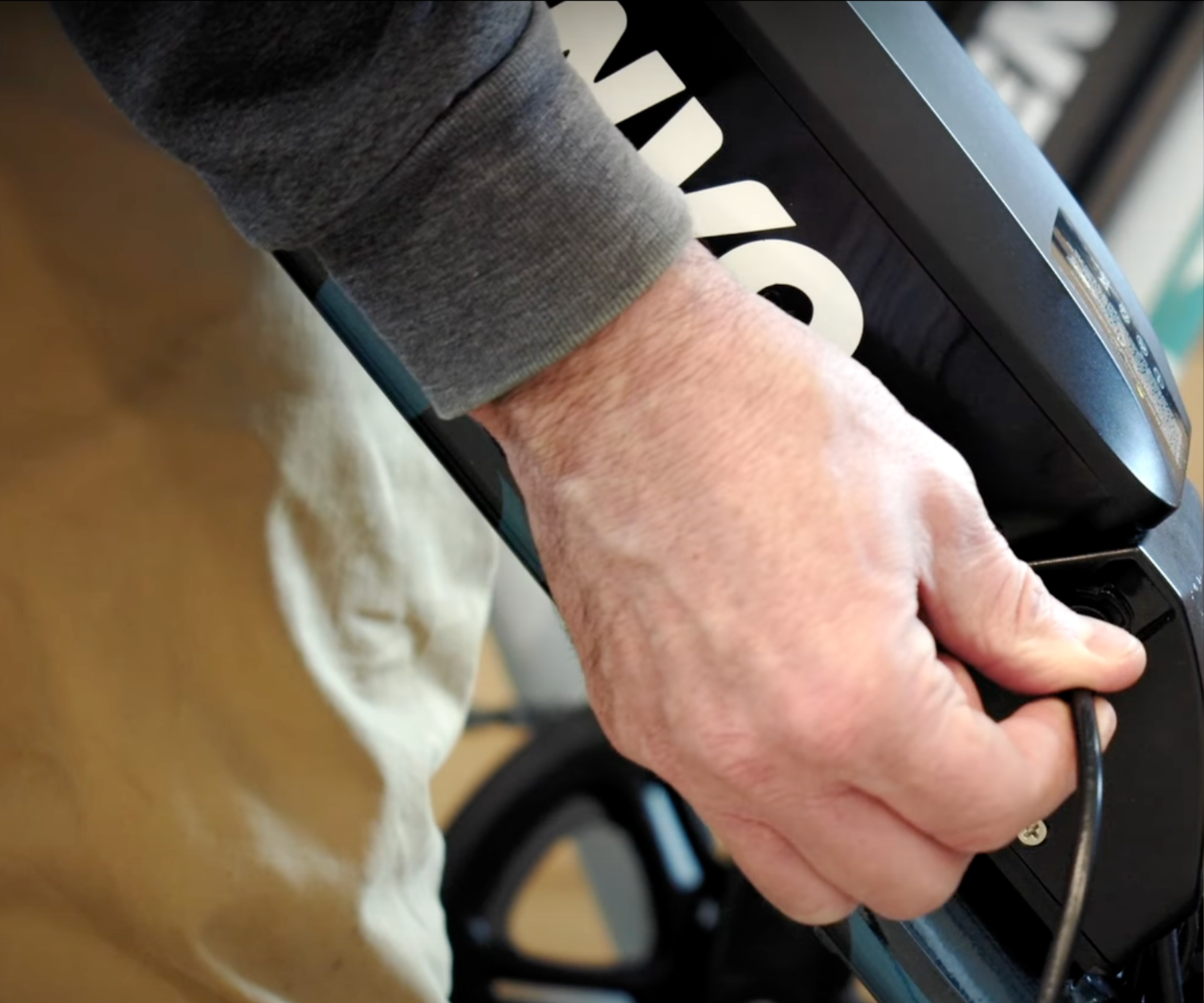
How to Safely Charge Ebike Battery
Most reported battery fires are caused during the charging of the batteries. Hence, customers must be extra cautious when charging the batteries. Following, you can find some tips on the proper charging process:
- Always use a manufacturer-suggested charger; if you are buying an aftermarket charger, make sure it has UL certification and the exact specifications as the original charger. Using a fast charger with a battery not designed for fast charging may be hazardous.
- Never place the battery near a high-temperature source such as a heater. High temperatures can damage Li-ion cells and cause thermal runaway events.
- Never place the charger or battery on or near a flammable material such as wooden furniture or building structures. Always try to put the charger and battery on fire safe surfaces or spaces.
- Always keep the battery in sight when it is charging. As a further precaution, keep a smoke alarm close to the battery.
- In case of fire, the first few seconds are critical as you can still put out the fire before it gets out of control; hence quick response is vital.
- Turn off the battery when charging.
- As a rule of thumb, the charger getting hot during charging is normal, but the battery should never get hot (use your hand to feel the warmth). Disconnect the battery if you think the battery is getting hot.
- Never charge in sub-zero temperatures as it may cause dendrite growth on the Li-ion cells, leading to short circuits and, consequently, fire hazards.
- Charge in a well-ventilated area.
- Do not leave the battery on charging overnight.

Proper Li-ion Battery Storage
The Li-ion battery of your e-bike needs proper storage, and there are things you can do to ensure appropriate storage.
- When storing the battery for a long time, charge batteries to about 60%.
- Avoid storage in extreme temperatures or high moisture.
- Do not use batteries that are dropped, punctured, crushed, or damaged.
- In case of a li-ion battery fire, use a fire extinguisher to put it out (be careful as such fires contain poisonous smoke)
- Avoid using water to put out Li-ion fire, while it is possible to put out fire using water U.S. Energy Department report found that it would require excessive amount of water.
- Do not store or charge batteries near a single exit point.
Safe Usage of Li-ion Battery
- If a battery starts smoking, emitting unusual noises, or showing signs of melting, stop using it immediately and place the battery in a safe place.
- Stop using the battery if you see a drastic change in voltage/performance.
- If you dropped the battery case/bike in the water, get it looked at by a professional before you use the battery. (The presence of moisture inside the battery case indicates that water has infiltrated the case and can cause a short circuit).
- Always use the battery with the product it came with; do not use it for any other purpose.
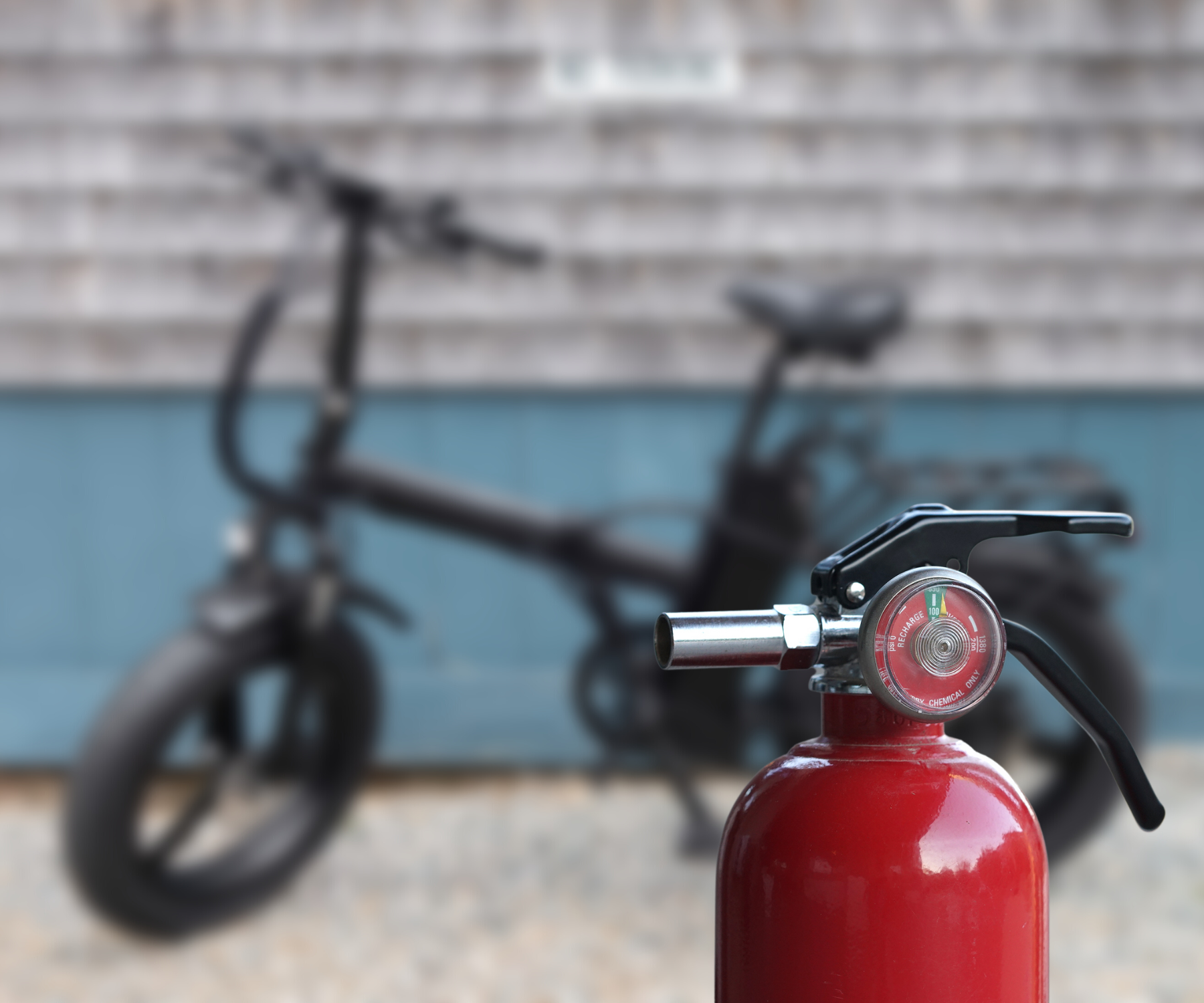
Measures in Case of an Emergency
Observing the tips in previous sections decreases the chance of an emergency for any e-bike owner, but unfortunately, incidents happen. So, familiarize yourself with the measures to keep yourself, your dear ones, or anybody around safe.
Generally, you can think of 3 steps when a fire starts on your Li-ion battery:
- Use fire extinguisher :
Depending on the size and type of battery, there are various ways to put off a Li-ion battery fire. You need to be quick to react and prevent fire from spreading.
Since fires caused by Lithium-ion batteries are Class B fires, you should opt for a standard ABC or dry chemical fire extinguisher. Class B classification is to distinguish the flammable liquids. Because Lithium-ion batteries contain liquid electrolytes, they fall into this category.
When burning, the poisonous liquid acts as a conductive pathway for fire and helps it spread faster.
You can use the extinguisher to spray the fire until it is put out. The stages are as follows:
- Pull out the safety pin to use the extinguisher.
- Target the nozzle at the base of the fire.
- Squeeze the handle firmly
- To ensure that you put out the fire wholly and correctly, sweep the nozzle back and forth across its base.
- Take the battery out of the building:
If you suspect something is wrong (e.g., the Battery case getting warm, liquid leaking, or the battery making noises), you should put it outside in a safe, open space and wait for the battery to go back to normal. Please note, do not try to handle the battery that has caught fire or leaking fluids as it can be hazardous to you.
If the battery catches fire, wait for all the cells to burn while trying to extinguish it.
- Call the fire department:
Li-ion battery fires are thermal runaway events type. Subsequently, e-bike battery fires can pose several hazards, like poisonous smoke, flames, and metal projectiles. After taking the necessary measures explained above, you should call the nearest fire station in your area if you cannot contain the fire.
Judge the severity of the situation and do not approach the burning battery. Wait until firefighters arrive if you are not comfortable dealing with the fire.

What Safety Features Do ENVO Lithium Battery for Ebikes Contain?
To ensure our products live up to your highest quality and safety expectations, ENVO has sought and awarded the first UL 2849 ebike certificate in Canada.
Recent progress in BMS (Battery Management Systems) has led to better control of the battery pack in e-bikes from several perspectives, like the battery working and its charging and discharging. The final goal of ENVO is to optimize the performance and longevity of its batteries.
Though we ensure to provide e-bike batteries that exceed industry standards Following are some of the safety features of ENVO Batteries.
- Charging Protection (Voltage and Current)
ENVO Batteries cut off charging if the charging voltage or current gets higher than the definite range; this ensures that charging is discontinued in case of any fault.
- Cell Balancing
Cell balancing improves the available capacity of the battery; additionally, unbalanced cells can be damaged and cause failure in the long run.
This is why ENVO Batteries come with cell balancing and cell balancing cutoff. This way, the battery is shut down if one of the cells is permanently damaged and cannot be balanced.
- Discharge Protection (Voltage and Current)
During the operation of the product, the voltage and current value are measured; if the voltage gets too low or the current value gets too high, the BMS cuts off the battery for safety reasons.
- Short Circuit protection
Short-circuit in Li-ion batteries are always dangerous. It may damage your battery and decrease its lifecycle at best. And at worst, a short circuit can lead to severe risks like a lithium battery fire or burst, causing injury, property damage, or even death.
ENVO Batteries include short circuit protection designed to monitor the battery's voltage to prevent hazardous situations arising from short circuits in the batteries.
- Temperature Cutoff Protection
Envo Li-Ion batteries include a temperature cutoff protection mechanism that shuts down the battery when the temperature value exceeds the safe limit.

Conclusion
Li-ion batteries are widely used in e-bikes today. Though these batteries are not inherently dangerous, some ebike users' inappropriate treatment has led to many fire incidents. This article discussed the safety measures you should take when charging your lithium-ion battery.
We also discussed the proper use and storage methods you can observe when dealing with such batteries.
Finally, we discussed the safety measures undertaken by Envo company to ensure a high-quality battery is used in our e-bikes. Such measures included short-circuit protection, cell balancing, discharge protection, and temperature cutoff protection.
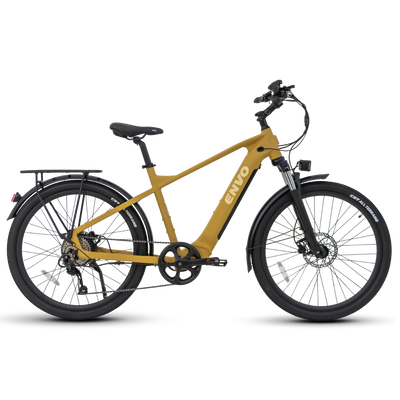
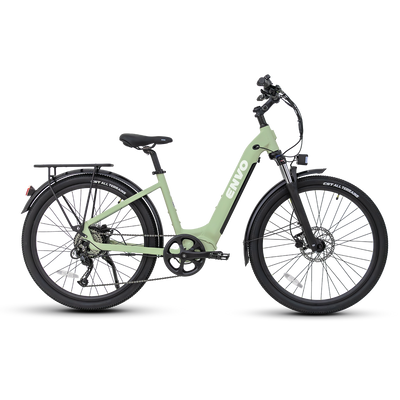
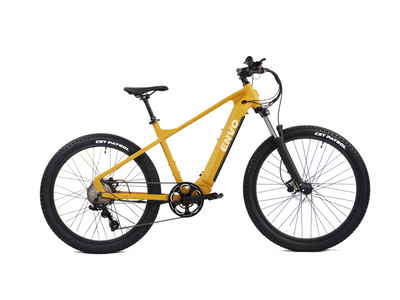
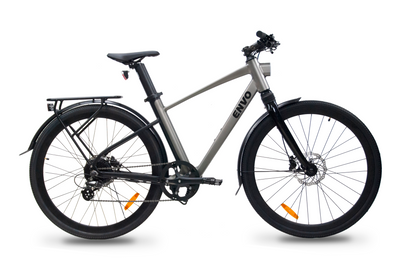
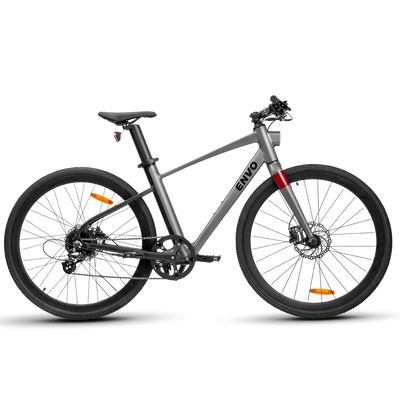
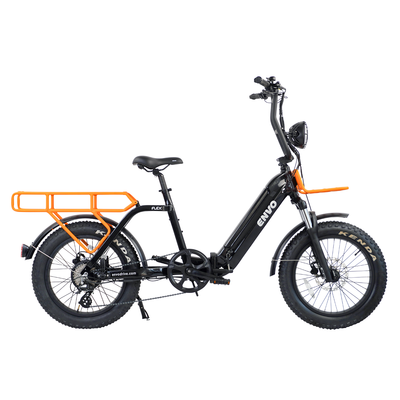
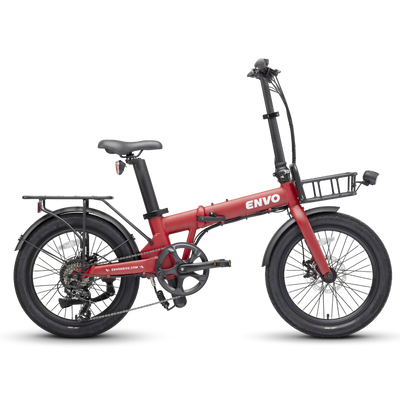
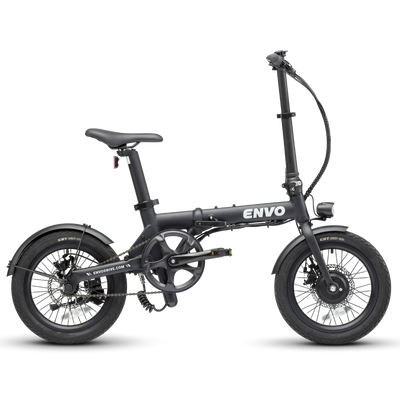
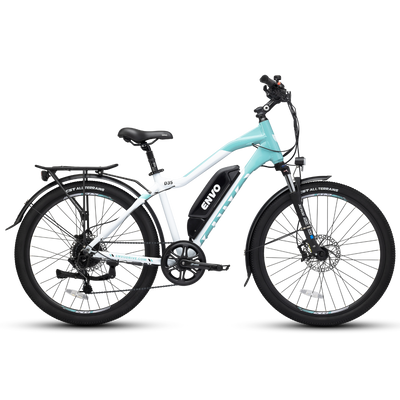
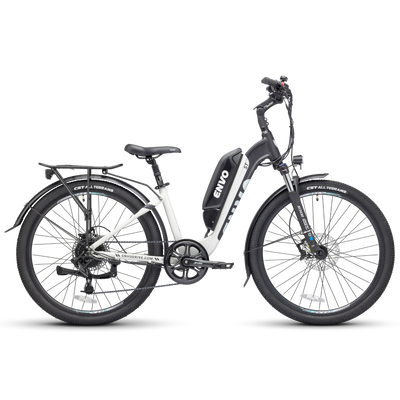
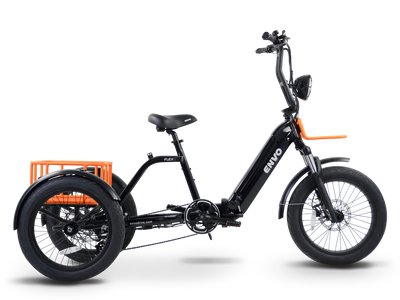
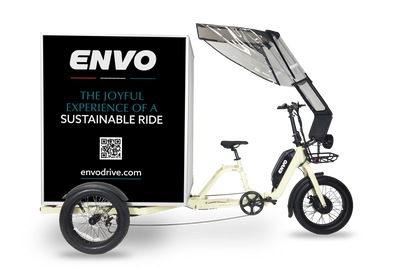
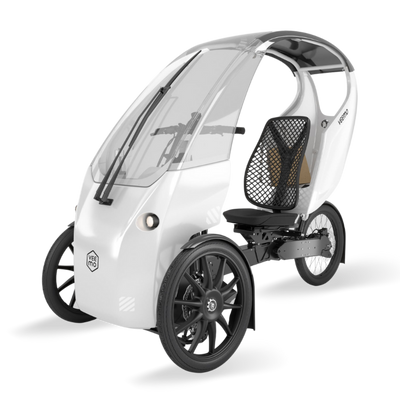
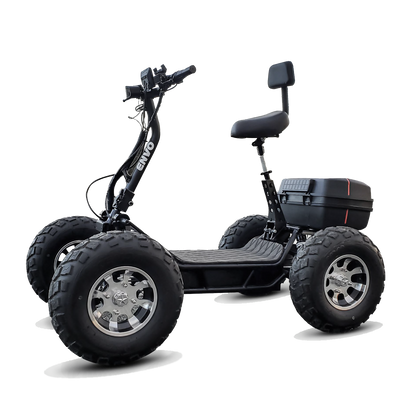
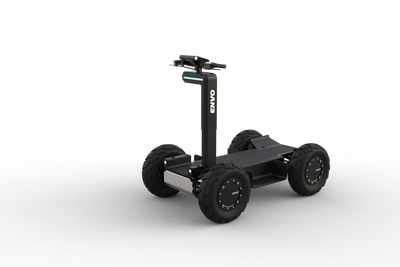
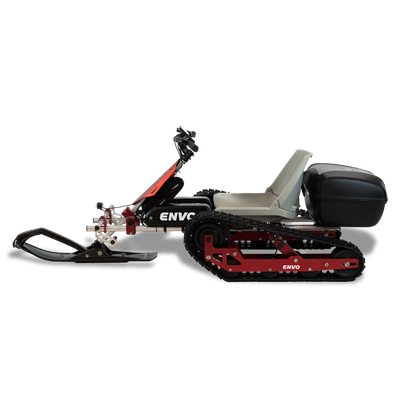
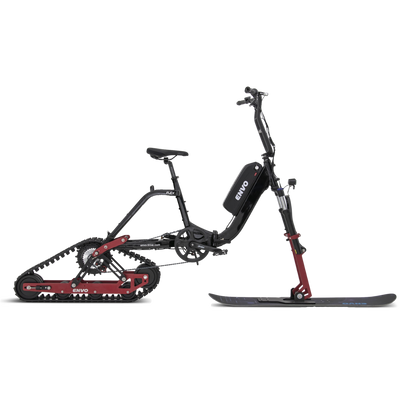
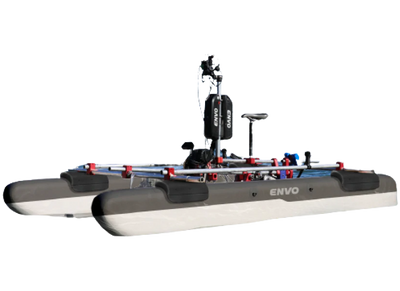
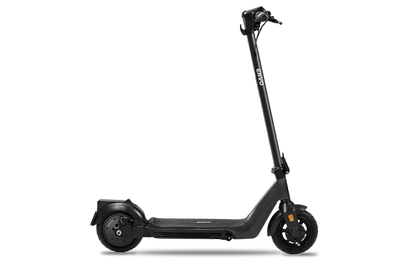
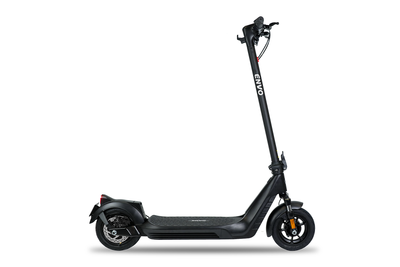
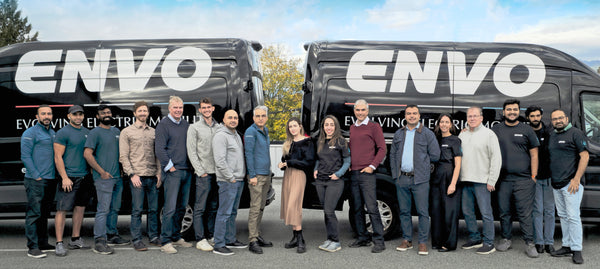
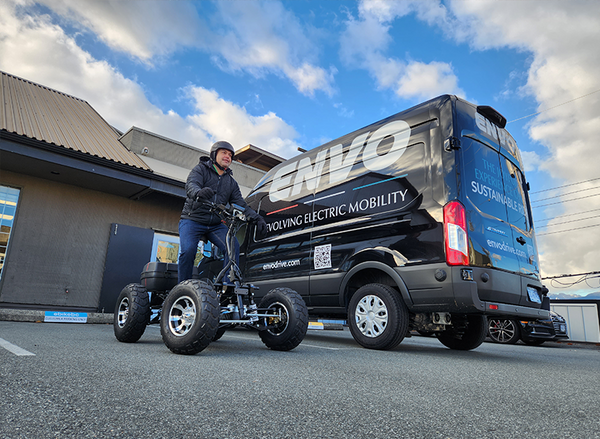
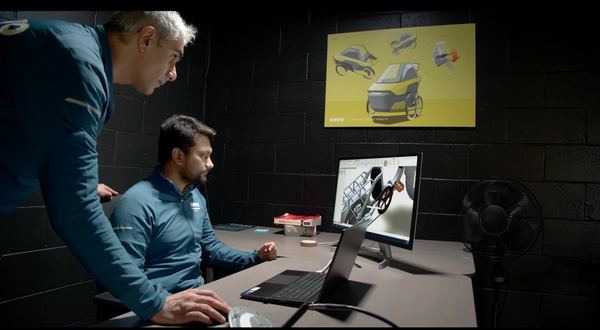
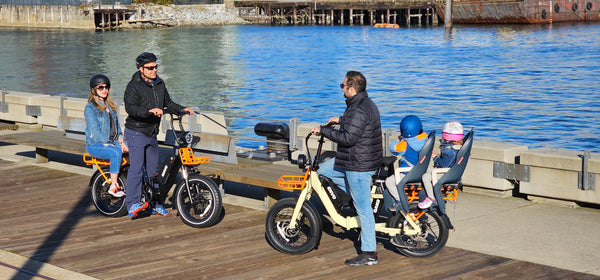
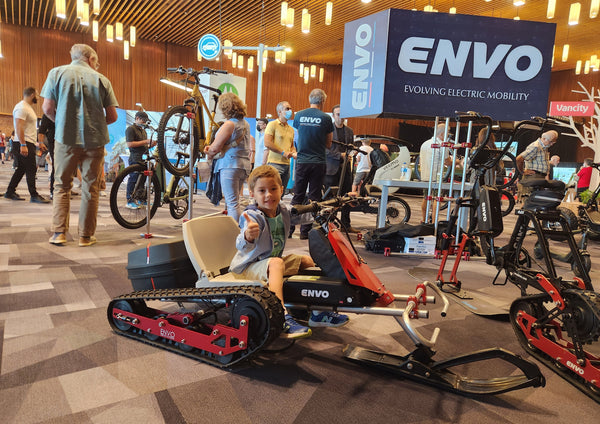
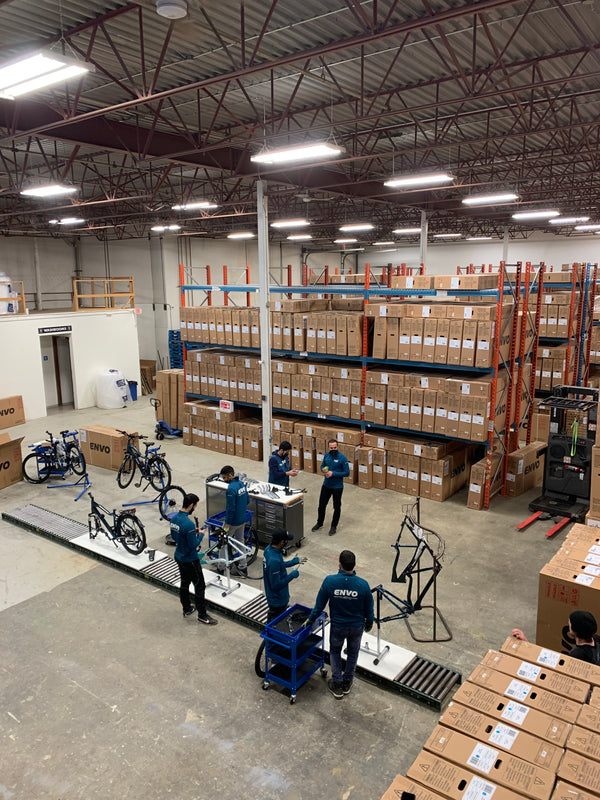
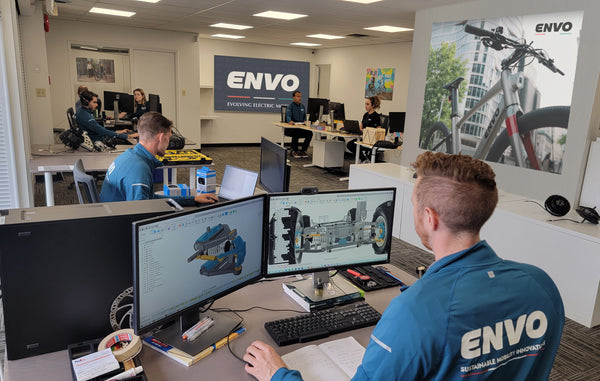


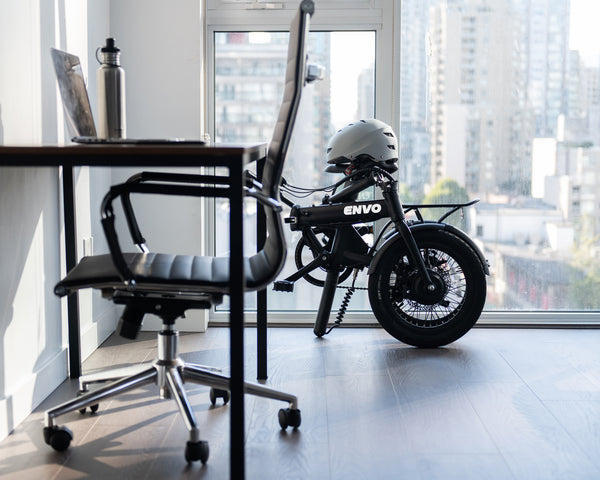
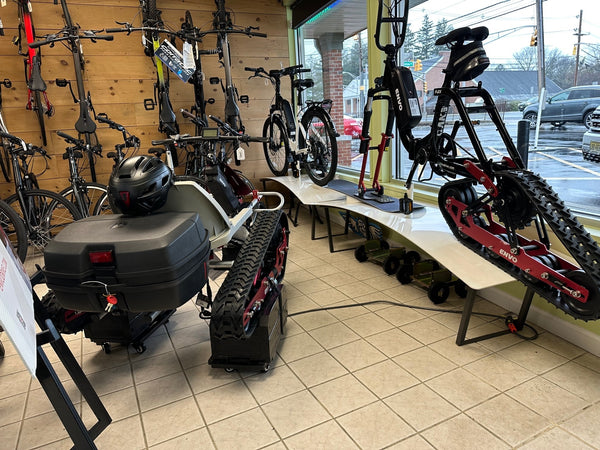
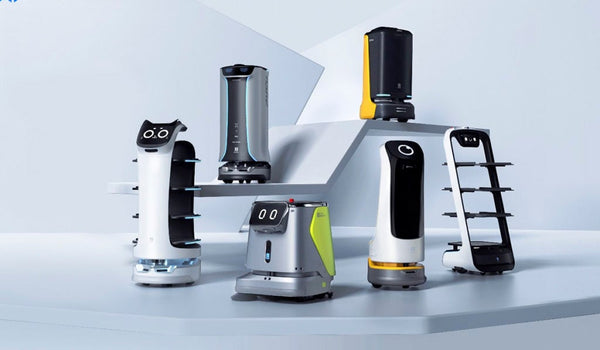
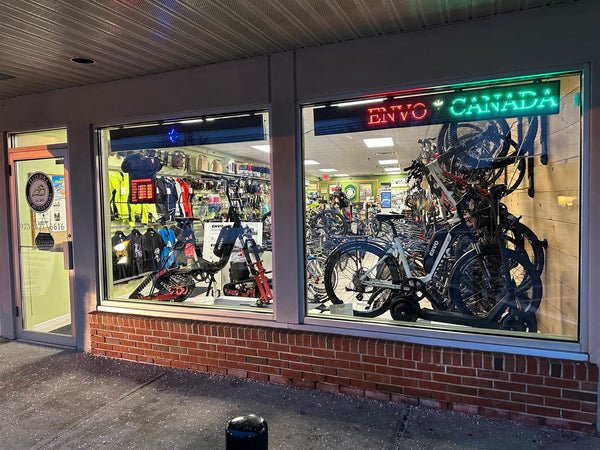
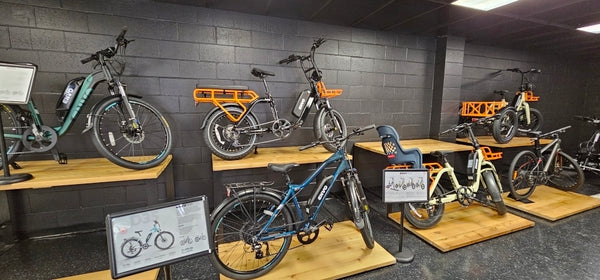
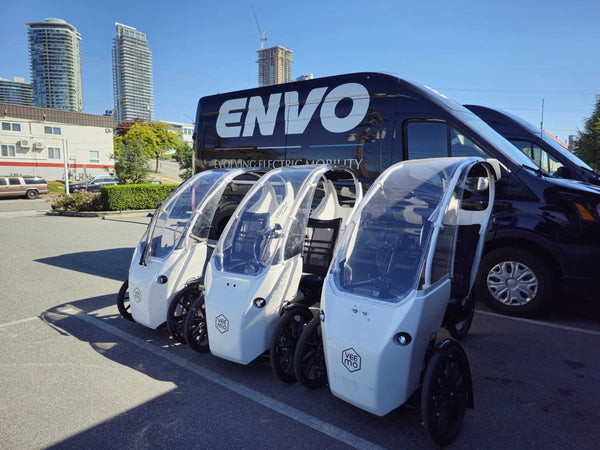




2 comments
Stanley Sharman
Thanks for the follow-up on my question. Very good info. Still, you didn’t answer my question. Have you had a fire
Thanks for the follow-up on my question. Very good info. Still, you didn’t answer my question. Have you had a fire
Ali Kazemkhani
There are several measures that can be taken by all of the parties to ensure the safety of large Li-Ion battery packs in the e-mobility sector. Here are a few examples:
Governments:
Develop and enforce safety regulations for the design, production, transportation, and use of large Li-Ion battery packs.
Set up testing and certification programs to ensure that battery packs meet safety standards.
Establish a system for reporting and investigating incidents and accidents involving large Li-Ion battery packs.
Manufacturers:
Design and produce battery packs that meet safety regulations and standards.
Implement robust quality control and testing processes to ensure that battery packs are free of defects and meet performance specifications.
Provide clear and detailed instructions for the safe use, maintenance, and disposal of battery packs.
Distributors:
Ensure that battery packs are transported and stored in a safe manner.
Provide information and training to customers on the safe use, maintenance, and disposal of battery packs.
Consumers:
Follow the instructions and guidelines provided by the manufacturer for the safe use, maintenance, and disposal of battery packs.
Avoid modifying or tampering with the battery pack in any way.
Dispose of battery packs safely, following local regulations and guidelines.
By working together and following these safety measures, we can help to prevent incidents and accidents involving large Li-Ion battery packs in the e-mobility sector.
There are several measures that can be taken by all of the parties to ensure the safety of large Li-Ion battery packs in the e-mobility sector. Here are a few examples:
Governments:
Develop and enforce safety regulations for the design, production, transportation, and use of large Li-Ion battery packs.
Set up testing and certification programs to ensure that battery packs meet safety standards.
Establish a system for reporting and investigating incidents and accidents involving large Li-Ion battery packs.
Manufacturers:
Design and produce battery packs that meet safety regulations and standards.
Implement robust quality control and testing processes to ensure that battery packs are free of defects and meet performance specifications.
Provide clear and detailed instructions for the safe use, maintenance, and disposal of battery packs.
Distributors:
Ensure that battery packs are transported and stored in a safe manner.
Provide information and training to customers on the safe use, maintenance, and disposal of battery packs.
Consumers:
Follow the instructions and guidelines provided by the manufacturer for the safe use, maintenance, and disposal of battery packs.
Avoid modifying or tampering with the battery pack in any way.
Dispose of battery packs safely, following local regulations and guidelines.
By working together and following these safety measures, we can help to prevent incidents and accidents involving large Li-Ion battery packs in the e-mobility sector.